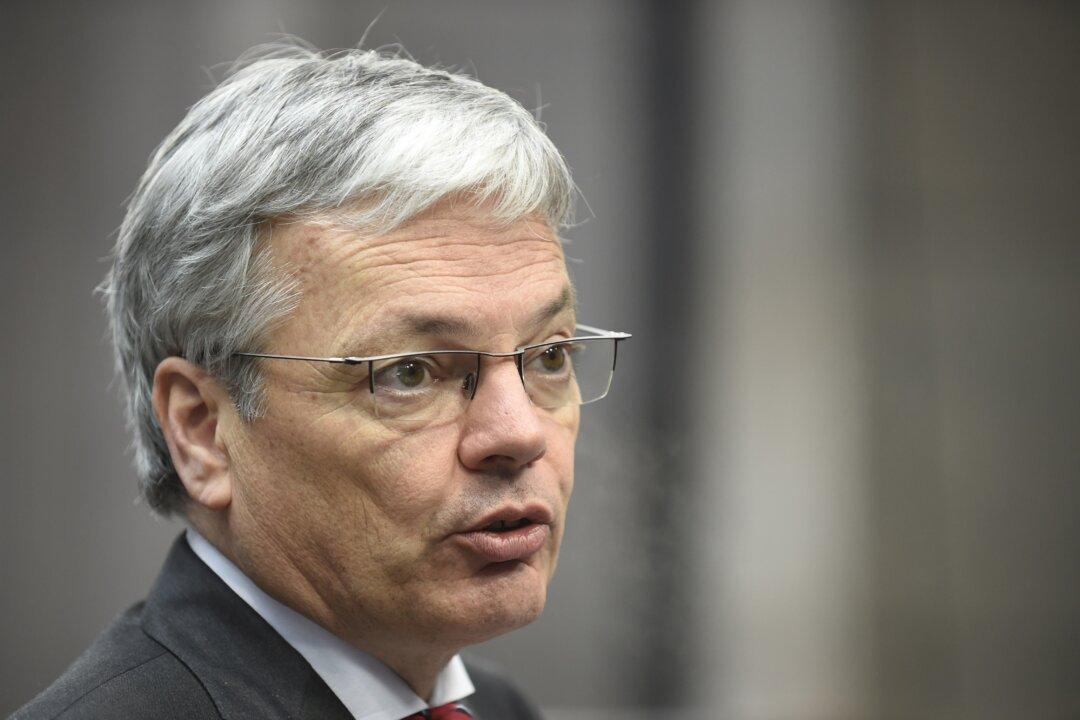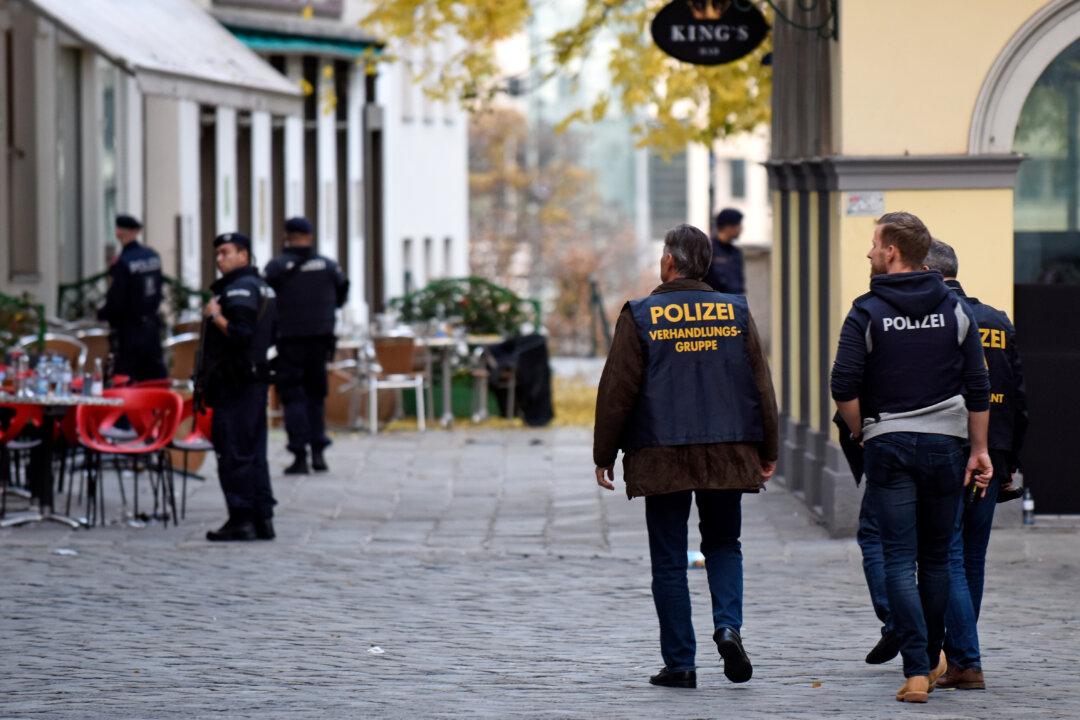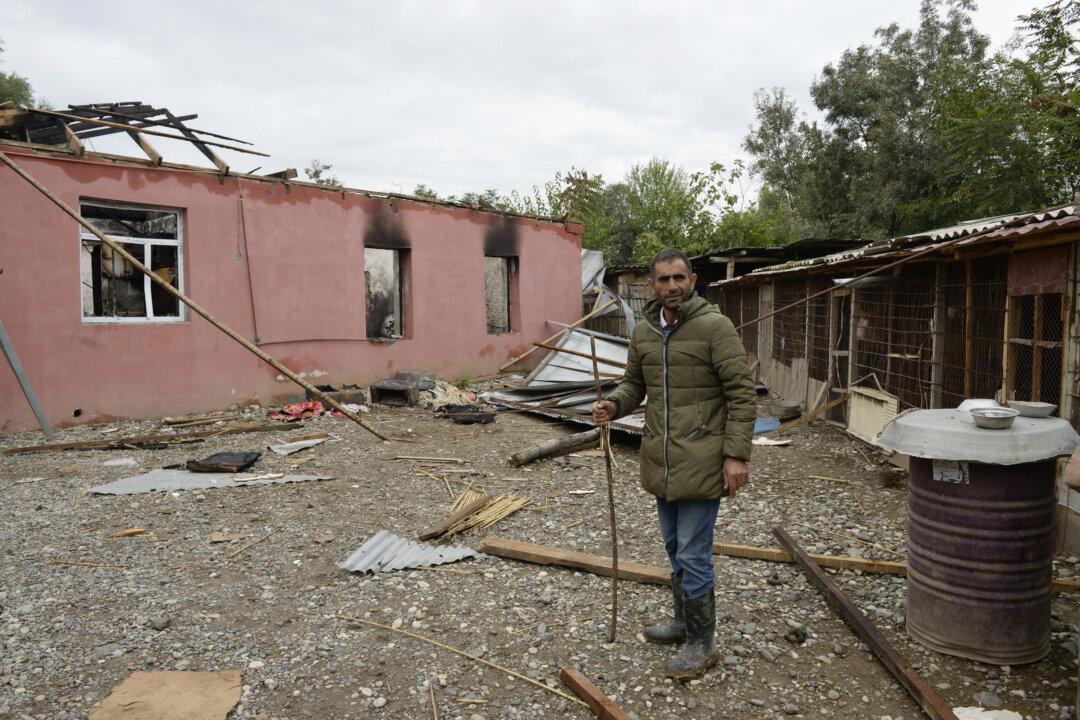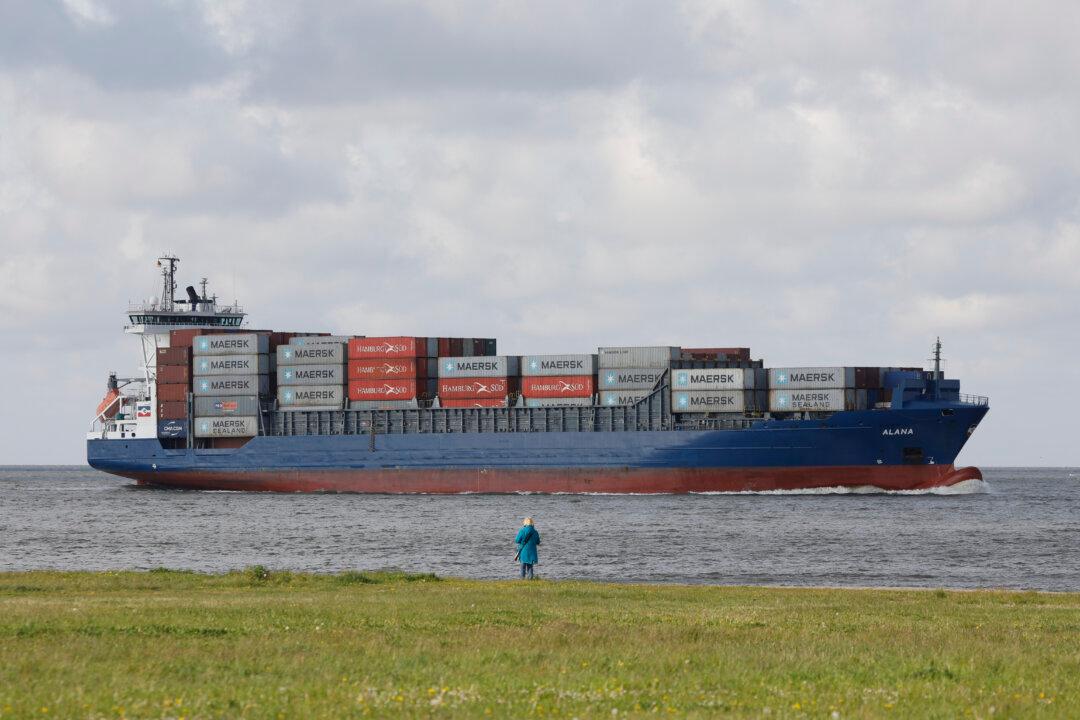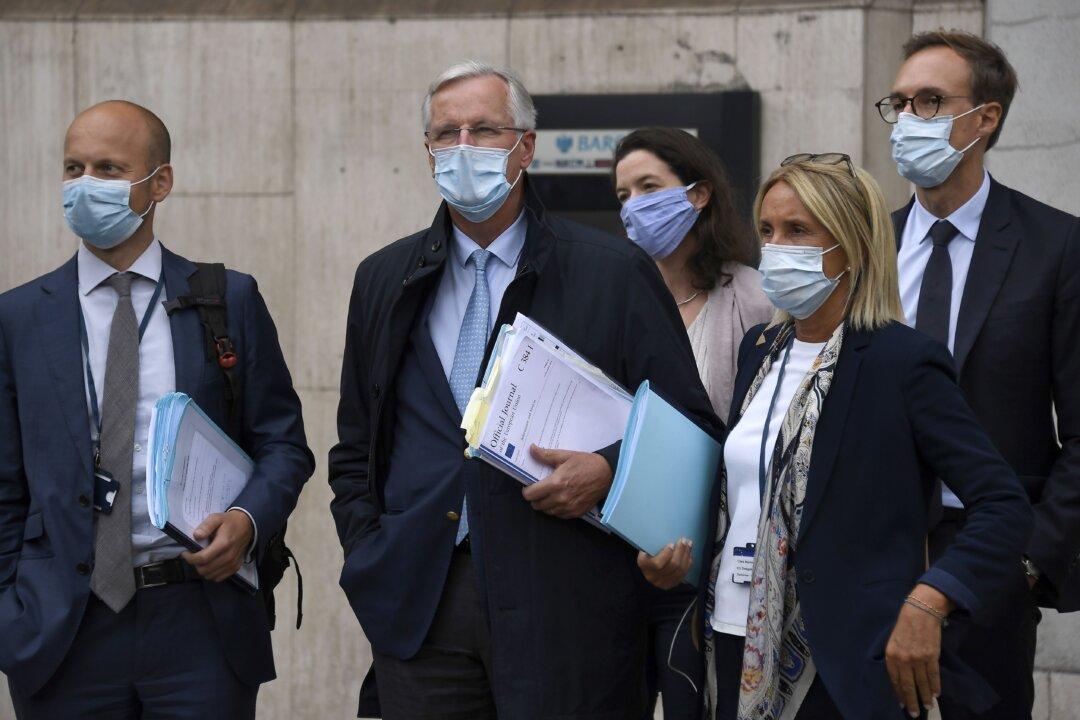BRUSSELS—Belgian lawmakers have raised fears their country has inadvertently supported organized crime after reports emerged that billions of dollars were wrongly paid out from frozen accounts belonging to former Libyan dictator Muammar Gadhafi. The issue is now being investigated by the country’s prosecutors.
The central government in Brussels is coming under increasing pressure to explain what happened to up to $5.7 billion in interest and dividends that was dispensed by Belgian banks between 2011 and 2017, according to a report by Belgian broadcaster RTBF.
